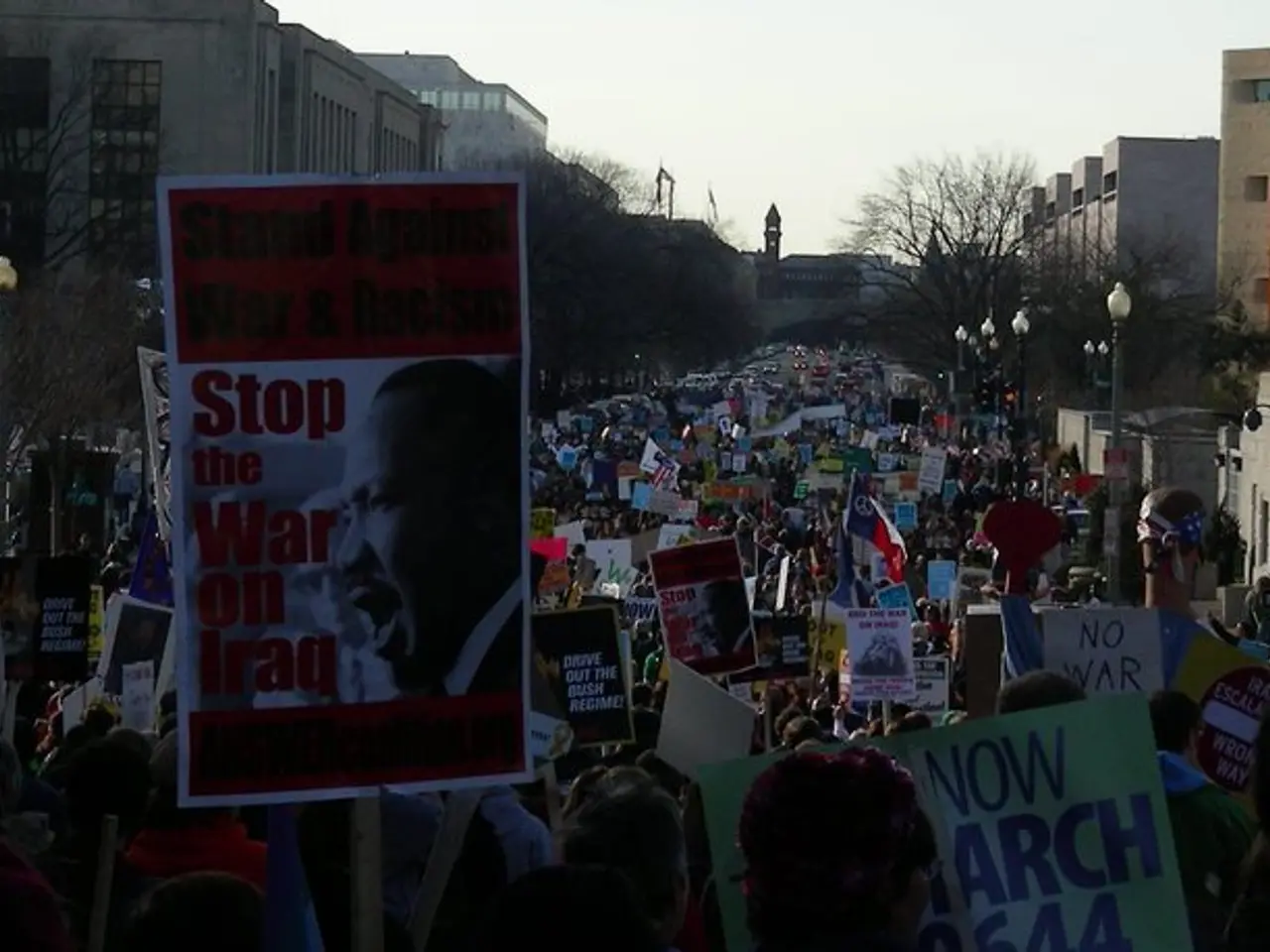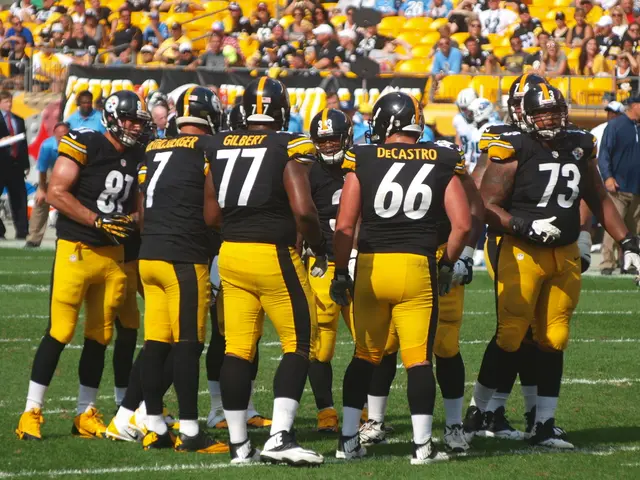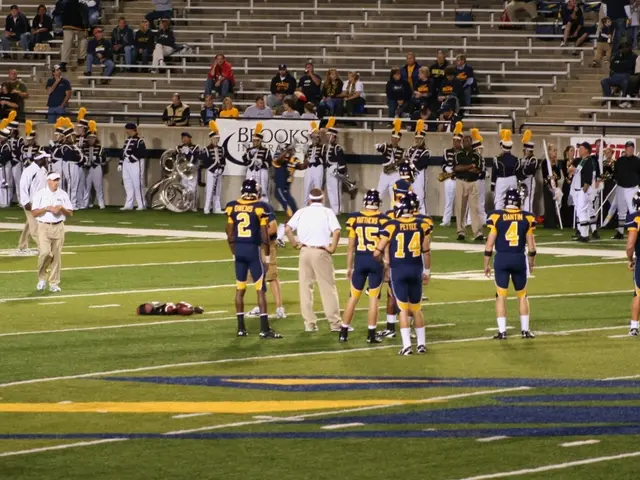Unrest during Anti-Government Demonstrations in Serbia
In Serbia, the political landscape has been marred by ongoing protests against President Aleksandar Vucic and his Serbian Progressive Party (SNS) for over nine months. The demonstrations, initially peaceful and predominantly student-led, have grown more intense following government-instigated provocations, such as the attack on government-critical demonstrators in Vrbas and Backa Palanka by supporters of Vucic's SNS party without police intervention[1].
The protesters have been vocal in their criticism of Vucic's government, labelling it as corrupt and authoritarian, and demanding his resignation and new elections. They have mobilized in 30 places for Wednesday[2], with clashes taking place in cities like Belgrade and Novi Sad.
These confrontations have resulted in injuries, with 64 civilian injuries and 5 military police officer injuries reported in the violent clashes at the SNS party headquarters in Novi Sad[3]. The protesters specifically targeted the SNS party headquarters, while ruling party supporters retaliated by throwing fireworks at the opposing side[4].
The police have used force, including fireworks and tear gas, to control the clashes[5]. Reports also suggest the use of plainclothes officers and unlawful surveillance[6]. President Vucic has thanked his supporters for backing him against government opponents and described the protesters as "thugs and murderers," announcing plans to "clean up" Belgrade and Novi Sad to prevent a "civil war"[7].
The train station canopy collapse in Novi Sad on November 1, 2024, resulting in 16 deaths, has been blamed on shoddiness and corruption under the Vucic government by independent experts and opposition figures[8]. The incident has added fuel to the already volatile situation.
The current political crisis in Serbia is marked by large-scale anti-government protests, escalating confrontations, government repression, and international calls for respect for human rights and democratic processes. The U.S. Embassy in Belgrade has issued warnings about ongoing violent situations in protest areas, reflecting significant unrest in the capital and other regions[9].
UN human rights experts have criticized the crackdown as violating democratic norms, calling for an end to government retaliation and urging meaningful dialogue[10]. The situation remains tense, with no immediate resolution in sight.
[1] The latest protests were fueled by the attack on government-critical demonstrators in Vrbas and Backa Palanka by supporters of Vucic's SNS party, without police intervention. [2] Protests against Vucic were mobilized in 30 places for Wednesday. [3] Clashes between protesters and supporters of Vucic have resulted in injuries in the cities of Belgrade and Novi Sad. [4] Protesters against President Aleksandar Vucic in Serbia clashed with counter-protesters from the ruling party and security forces. [5] President Vucic's supporters and the police have used force, including fireworks and tear gas, against protesters. [6] The police used tear gas in Belgrade and Novi Sad to control the clashes. [7] The protesters were met by police cordons and SNS supporters at the SNS party headquarters. [8] The train station canopy collapse in Novi Sad is blamed on shoddiness and corruption under the Vucic government by independent experts and opposition figures. [9] The U.S. Embassy in Belgrade has also issued warnings about ongoing violent situations in protest areas, reflecting significant unrest in the capital and other regions. [10] UN human rights experts have criticized the crackdown as violating democratic norms, calling for an end to government retaliation and urging meaningful dialogue.
Read also:
- Discussion between Putin and Trump in Alaska could potentially overshadow Ukraine's concerns
- Massive 8.8 earthquake hits off the coast of Russia's Kamchatka Peninsula, prompting Japan to issue a tsunami alert.
- Court petitions to reverse established decision on same-sex marriage legalization
- Independence supporters in New Caledonia refuse agreement offering authority without a vote on sovereignty








